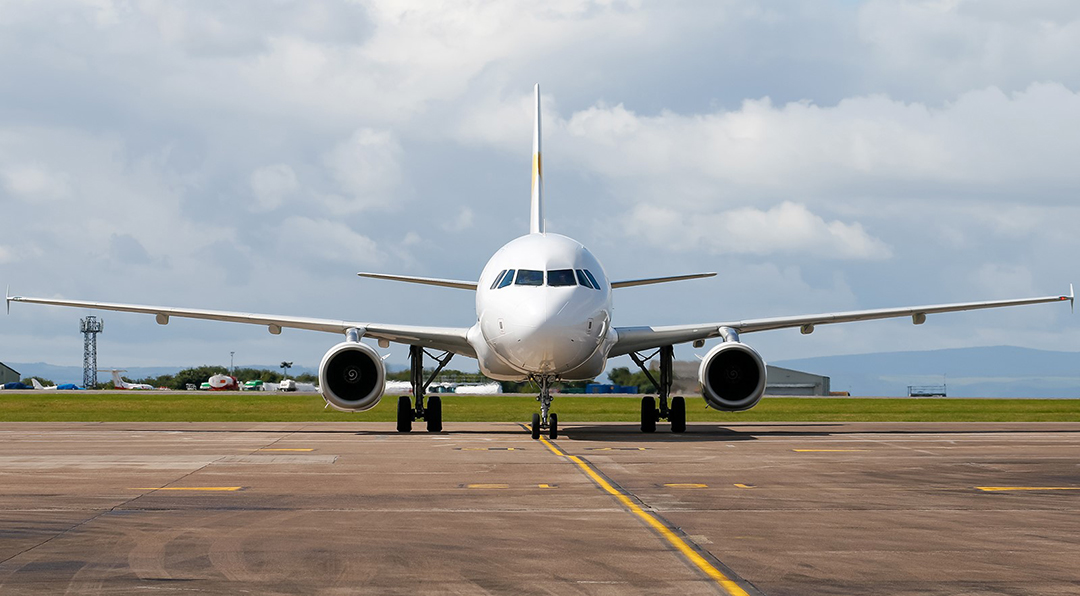ACMI Business Model Sets to Revolutionise African Aviation Market
 The African airline industry is still grappling with air travel difficulties that persisted in late 2022 and early 2023. This includes competitive pressures from staff shortages, fleet capacity issues, and difficulties accessing timely and effective maintenance and insurance services. In response, some airlines are exploring viable alternatives, such as transitioning to ACMI business models to boost flexibility, operational agility, and responsiveness to fluctuating demands.
The African airline industry is still grappling with air travel difficulties that persisted in late 2022 and early 2023. This includes competitive pressures from staff shortages, fleet capacity issues, and difficulties accessing timely and effective maintenance and insurance services. In response, some airlines are exploring viable alternatives, such as transitioning to ACMI business models to boost flexibility, operational agility, and responsiveness to fluctuating demands.
Like other aviation markets, African airlines are experiencing a resurgence in air travel demand, with more passengers and flight services returning to pre-pandemic levels. However, this welcome increase in demand is overshadowed by the difficult operating conditions, which are causing many African airlines to lose important business and experience a decline in performance.
The grounding of aircraft, a backlog of pending new orders, significant staff layoffs, and a high number of planes out of service for maintenance has resulted in a series of challenges for African airlines, including regular flight cancellations, rescheduling, and increased chaos in airports. Now, to cover the gaps in aircraft fleets, crew, maintenance, and ancillary services, these airlines are exploring ACMI contracts as a viable solution to deal with fluctuating demand and maintain flexibility.
“As a prospective market, operators in this business segment should ramp up their ability to meet the anticipated demand and support new clients from the African continent. Among other factors, such as supply chain issues in MROs and their processes, crew shortages, engine issues, and late aircraft deliveries, the increasing air travel demand remains the most important driver for ACMI market growth,” observes Dainius Staniulis, Vice President of Commercial and Business Development at Avion Express.
Additionally, the development of new airports, coupled with these existing challenges, could further undermine the ability of African carriers to maintain stable and efficient operations year-round. As a result, demand for wet and damp lease services is likely to increase in the region.
From an economic standpoint, legacy airlines may view dry-leasing services as an impractical solution due to the high costs associated with acquiring fleets, crews, maintenance, and insurance services from third parties, and relying on such arrangements for an extended period. However, wet/damp leasing offers a practical way for airlines to obtain full-service capabilities while maintaining flexibility and adaptability to changing market demands. The ACMI business model provides a sustainable and effective approach to meet air service demand by hedging against unexpected operational challenges, seasonal variations, and peak demand periods that airlines may not be equipped to handle promptly and effectively.
When unexpected situations occur, such as a sudden surge in passenger demand due to unforeseen industry developments, airline collaborations with experienced ACMI partners can be highly beneficial as under the ACMI operating model, the lessor assumes all the responsibilities outlined in the leasing agreement to ensure the aircraft remains operational. The challenges facing the African aviation market also present significant opportunities for ACMI providers to serve the industry. Companies like Avion Express are well-suited to support African airlines in meeting these challenges and leveraging emerging opportunities in the region.
